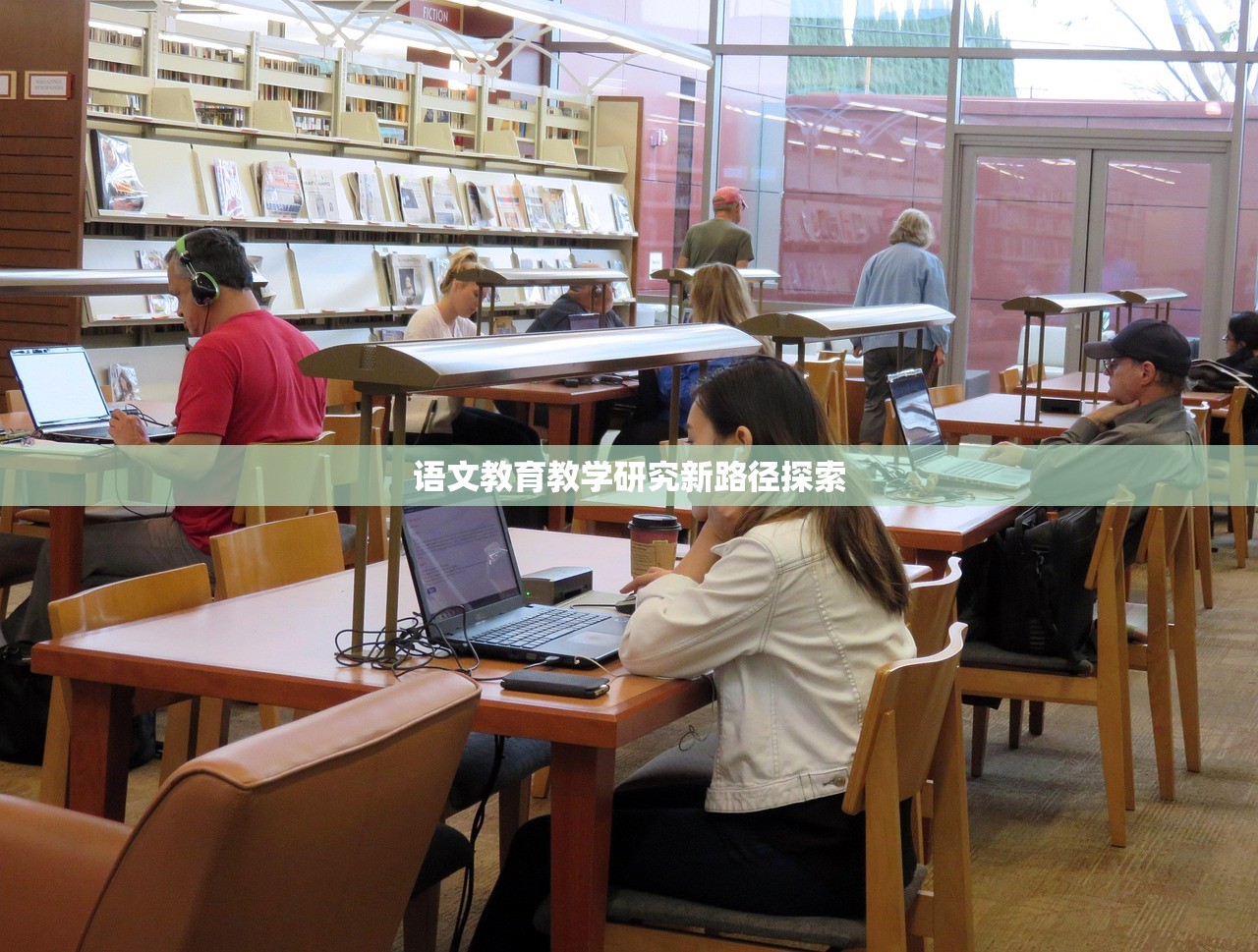The article "The Power of Family Education: Nurturing the Future in English" emphasizes the crucial role of family education in shaping the future. It highlights how parents and caregivers can effectively teach English to children at home, fostering language skills and cultural understanding. The piece underscores the importance of creating a supportive learning environment, using engaging activities, and incorporating technology to enhance English education. By investing in family-based English learning, families can empower their children to succeed in a globalized world and develop essential communication skills.
Introduction
In the ever-evolving landscape of education, the role of family education has become increasingly significant. As children's first teachers, parents play a pivotal part in shaping their learning experiences and outcomes. This article delves into the importance of family education, particularly focusing on the English language, and how it can be effectively integrated into a child's upbringing.
The Significance of Family Education in English
Family education is not just about academics; it's about instilling values, building character, and fostering a love for learning. When it comes to English, which is often dubbed as the "global language," the importance of family education is magnified. English proficiency opens doors to global opportunities, be it in education, business, or travel. Here are some key aspects of family education in English:
-
Early Exposure: The earlier children are exposed to English, the better their language acquisition will be. Research has shown that children who are exposed to a second language during their early years have an advantage in terms of pronunciation and fluency. Families can introduce English through songs, stories, and simple conversations.
-
Vocabulary Building: A robust vocabulary is the foundation of language proficiency. Parents can help their children build their English vocabulary by labeling objects around the house in English, using flashcards, and engaging in word games.
-
Reading Habits: Encouraging a habit of reading in English is crucial. Parents can read English books to their children, starting with picture books and gradually moving to more complex texts. This not only improves language skills but also fosters a love for literature.
-
Language Environment: Creating a language-rich environment at home can significantly enhance a child's English skills. This can be achieved by watching English movies, listening to English music, and even using English labels for household items.
-
Conversational Practice: Regular conversation in English is essential for fluency. Parents can engage their children in simple dialogues, ask them to narrate their day, or discuss topics of interest in English.
-
Cultural Understanding: Learning about the culture associated with the English language can make the learning process more engaging. Families can celebrate English-speaking countries' festivals, cook traditional dishes, or learn about historical events.
-
Technology Integration: In today's digital age, technology plays a significant role in education. Parents can use educational apps, online games, and language learning platforms to supplement their child's English education.
-
Encouragement and Support: Perhaps the most crucial aspect of family education is providing encouragement and support. Parents should praise their children's efforts and progress, no matter how small, and be patient with the learning process.
The Role of Parents in English Education
Parents are the cornerstone of family education. Their involvement and commitment can significantly impact their child's English learning journey. Here's how parents can play an active role:
-
Role Models: Parents should be role models for their children by speaking English at home and demonstrating a positive attitude towards learning the language.
-
Learning Partners: Parents can become learning partners by engaging in language learning activities together with their children. This can include watching movies, playing games, or even taking language classes together.
-
Resource Providers: Parents can provide their children with various resources to learn English, such as books, educational toys, and access to online platforms.
-
Advocates: Parents should advocate for their children's English education by communicating with teachers and ensuring that their child receives the necessary support and opportunities to excel.
-
Monitors: It's essential for parents to monitor their child's progress and adjust their approach accordingly. This may involve seeking additional tutoring or changing the learning methods to better suit their child's needs.
The Impact of Family Education on English Proficiency
The impact of family education on English proficiency is profound. Children who receive consistent support and exposure to English at home are more likely to develop strong language skills. They are also more likely to be confident in their abilities, which can lead to better academic performance and a greater willingness to engage with the language outside of the classroom.
Conclusion
Family education is a powerful tool in nurturing a child's English proficiency. By integrating English into daily life, providing resources, and offering encouragement, parents can set their children on a path to linguistic success. The journey may be challenging, but the rewards of a bilingual upbringing are immeasurable, opening up a world of opportunities for the next generation.














 京公网安备11000000000001号
京公网安备11000000000001号 京ICP备2021036632号-4
京ICP备2021036632号-4
还没有评论,来说两句吧...